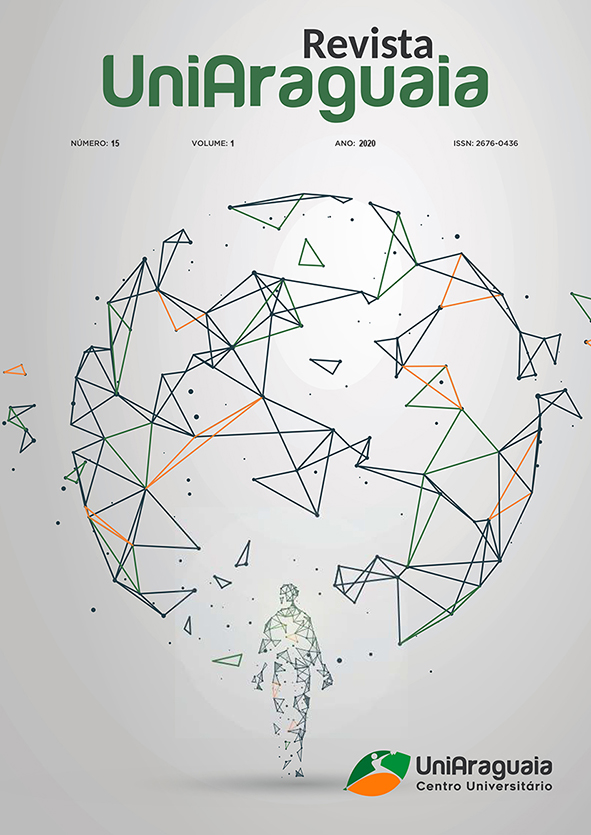INCLUSÃO EDUCACIONAL: UMA REFLEXÃO FREIRIANA
Abstract
O presente artigo tem como escopo trazer à luz algumas considerações frente ao processo de inclusão escolar de pessoas com deficiência na rede regular de ensino fundamental. Partimos do pressuposto de que nas ultimas décadas o processo de inclusão educacional vem aumentando significativamente, possibilitando o rompimento de paradigmas sociais, como por exemplo, a ideia de que as pessoas com deficiência são incapazes de participar ativamente do contexto sociocultural. Sendo este rompimento paradigmático de suma importância para todos aqueles que lutam pela igualde social e politica das pessoas com deficiência, este trabalho buscou investigar o seguinte questionamento: Será que este processo de inclusão acadêmico das pessoas com deficiência está realmente sendo um procedimento inclusivo? Para tentarmos responder tal indagação, nos utilizamos da teoria de Paulo Freire, assim como das leis que garantem e protegem o processo de inclusão educacional brasileiro, a Lei Nº 9.394 de dezembro de 1996, a (LDB) Lei de Diretrizes e Bases da Educação Brasileira, e a Lei Nº 13.146 de julho de 2015, LIB, Lei Brasileira de Inclusão. Tal reflexão tem como ponto de partida, explicitar um apontamento das leis citadas, como um aporte que vai ao encontro da teoria freiriana, em relação ao processo educacional de inclusão. Tais apontamentos descritos neste artigo visam contribuir para uma maior reflexão da inclusão na práxis. Nossa hipótese consiste no fato de que em muitos casos, os conceitos teóricos ainda estão distanciados da atuação escolar. Nosso intuito aqui, não é apontar apenas lacunas ou culpados para as possíveis falhas ainda vistas nos processos de inclusão, mas trazer à luz, pela teoria freiriana, que todos os estudantes, independente de serem pessoas com deficiência ou não, necessitam de um olhar integral para o seu processo educativo.
Downloads
Published
Issue
Section
License
The copyright of the published articles will be transferred to the Uniaaraguaia Magazine, allowing its subsequent reproduction as transcription and with due citation of source. In the event of acceptance and before the publication of the article, the plaintiff (s) shall write a statement formally transferring copyright to the magazine.
The author may also print and distribute copies of his article, provided that he mentions that the rights belong to the Uniaaraguaia Magazine.
Author rights include the right to reproduce in full or partly by any means, distribute this article, including figures and photographs.
By submitting originals to the Uniaaraguaia magazine, the author or authors express agreement with the following terms:
a) Authors maintain copyright and grant Uniaraguaia magazine the right of first publication, with the work simultaneously licensed under the Creative Commons Attribution license that allows the sharing of work with recognition of the authorship and initial publication in this magazine.
b) Authors are authorized to assume additional contracts separately, for non-expiration distribution of the work version published in this magazine (eg publish in institutional repository or as book chapter), with recognition of authorship and initial publication in this journal.
c) Authors are allowed and are encouraged to publish and distribute their work online (eg in institutional repositories or on their personal page) to any point before or during the editorial process, as this can generate productive changes as well as increase the impact and citation of published work.

